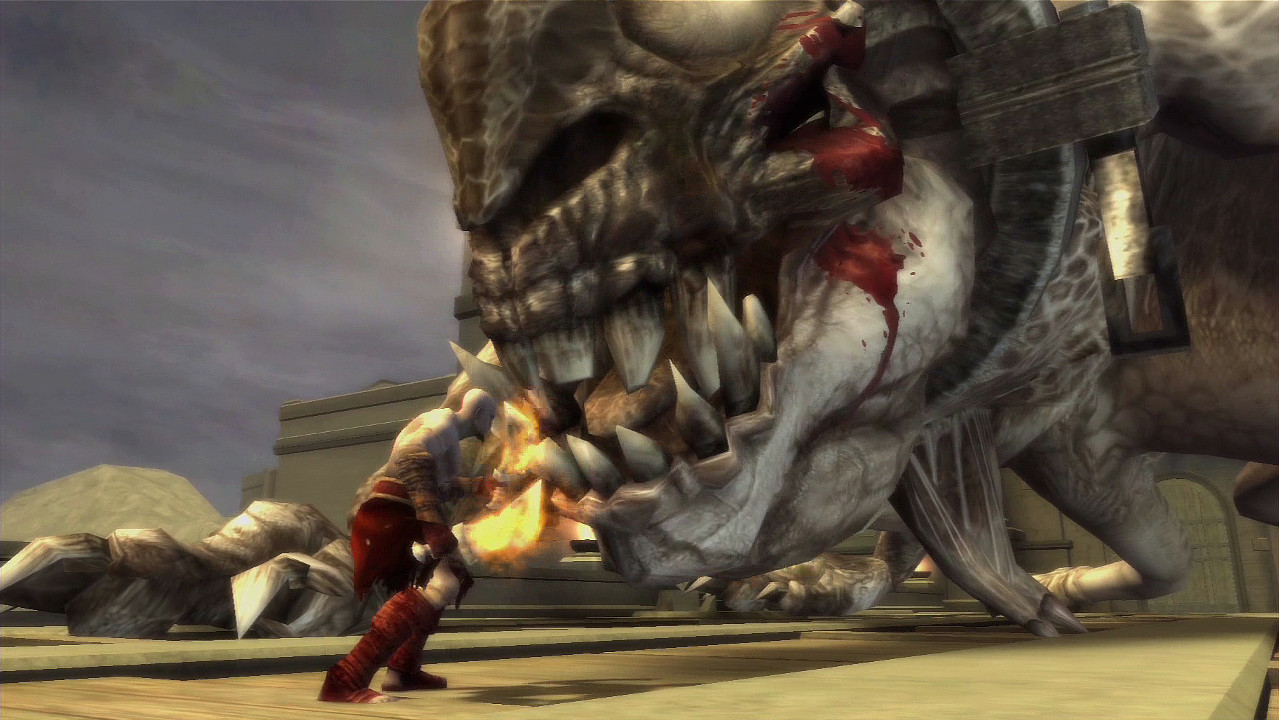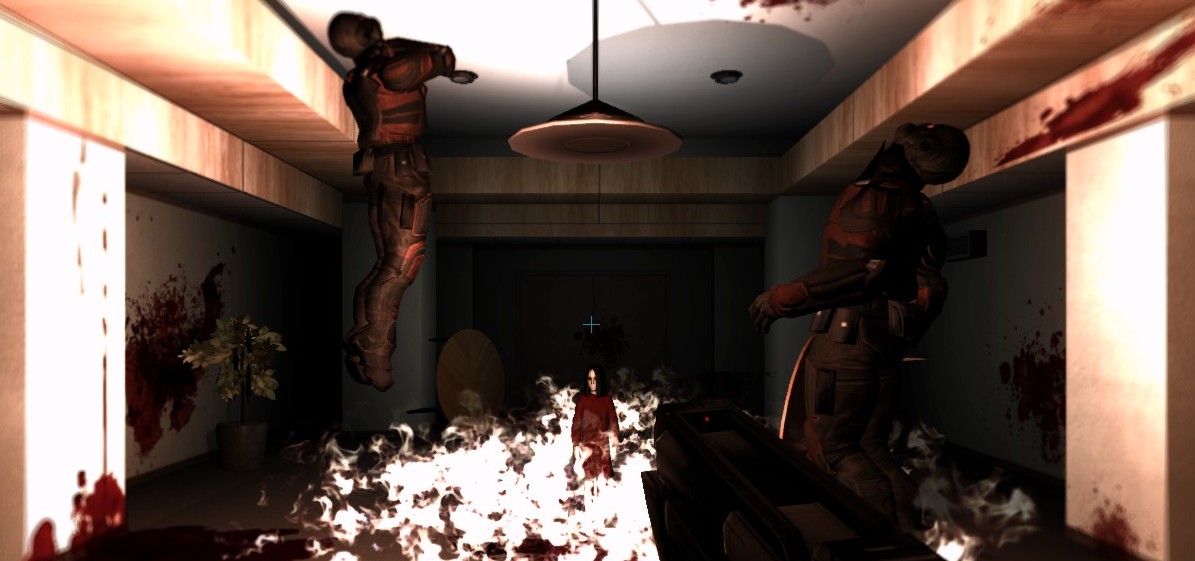The original God of War was an instant classic. Naturally, when people are done with instant classics, they crave more of the same. And so, God of War II was born. God of War II was also an instant classic, which left the door open for even more of the same. At the time, Sony was trying to sell the PlayStation Portable to consumers, and was in need for games to draw attention to it. A developer noticed this, along with the fact that someone left the God of War door ajar. After a successful pitch meeting and several months of development, God of War: Chains of Olympus was released for consumption. Was it critically acclaimed? Sure. Was it an instant classic? Eghghh.
God of War: Chains of Olympus



Recent Comments